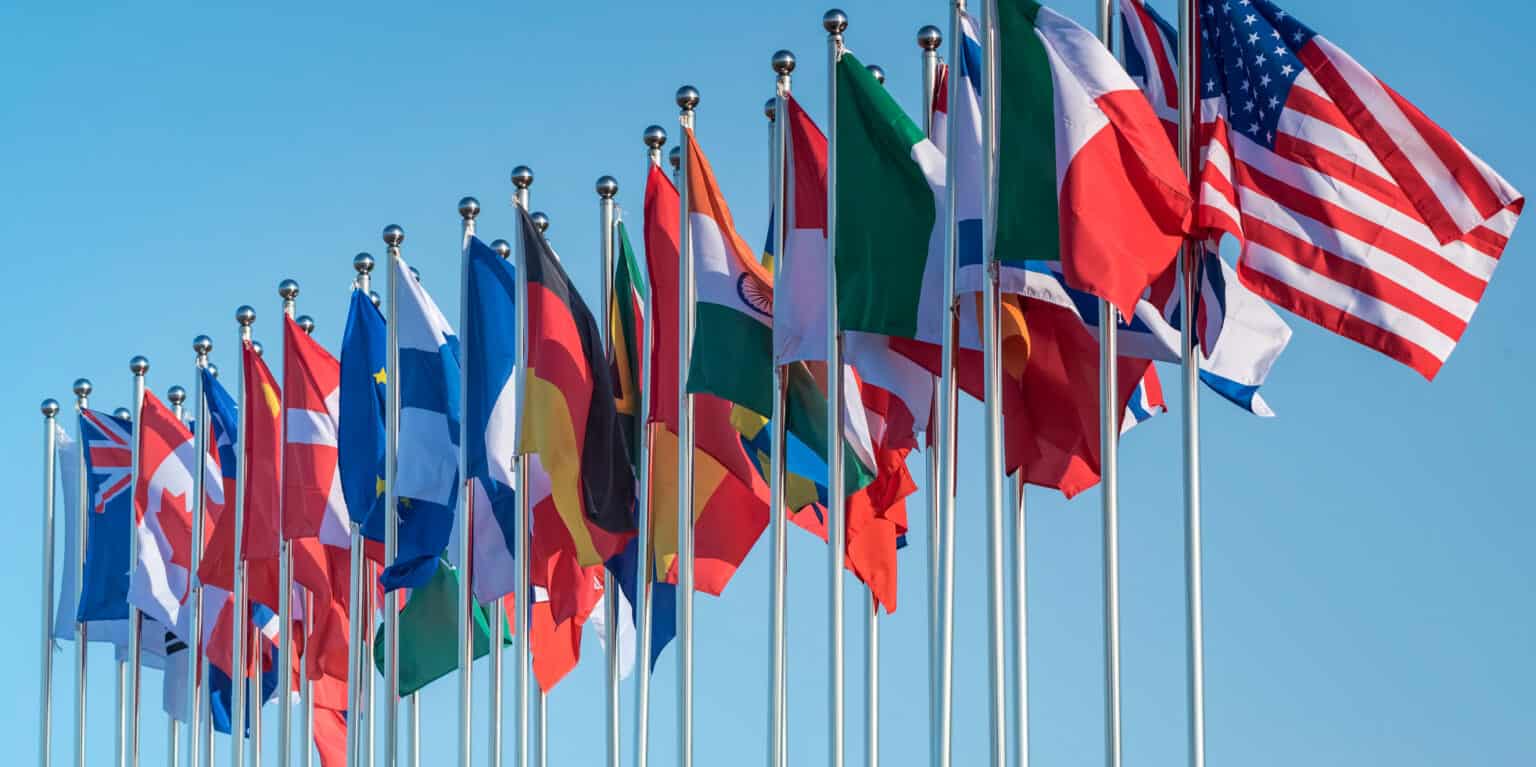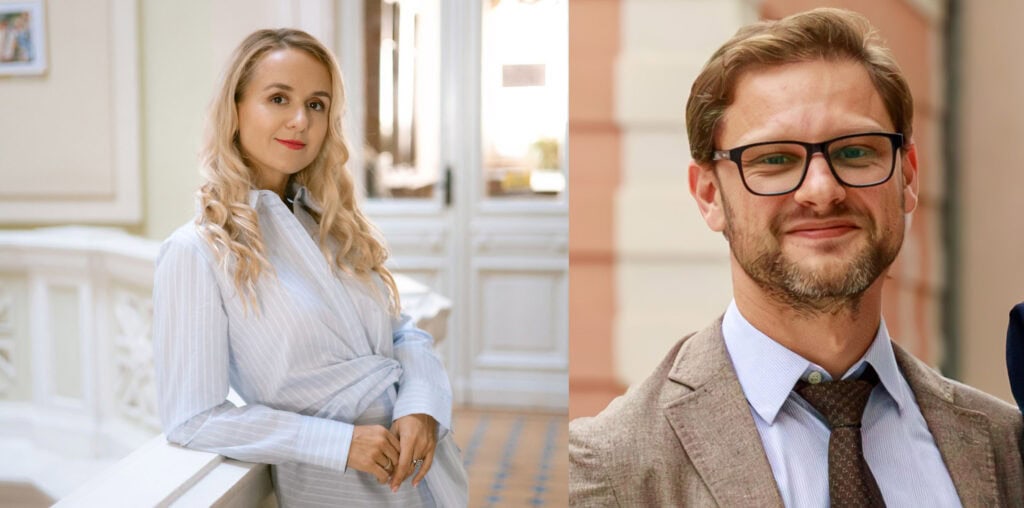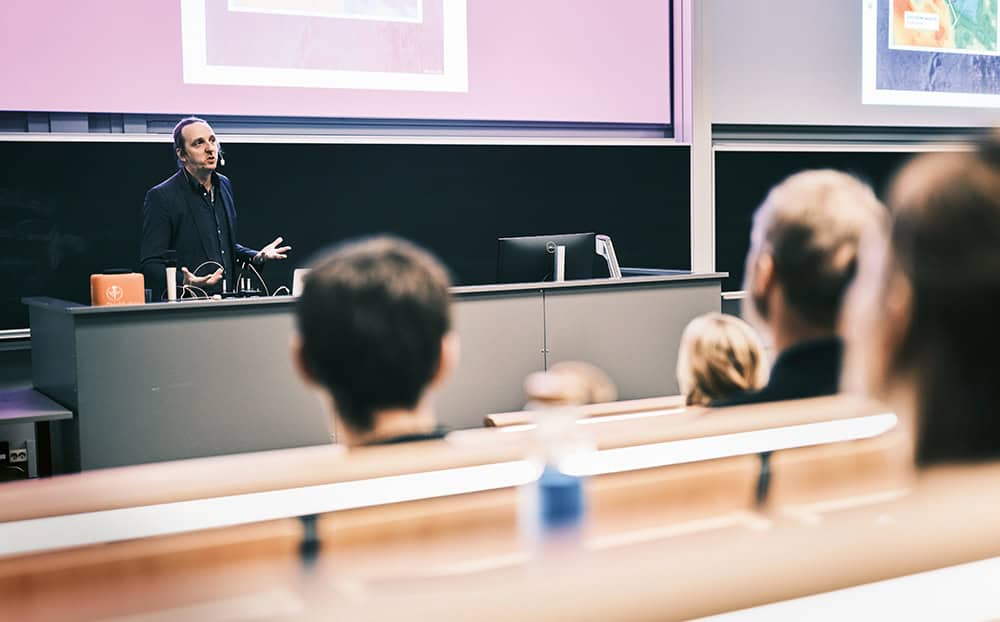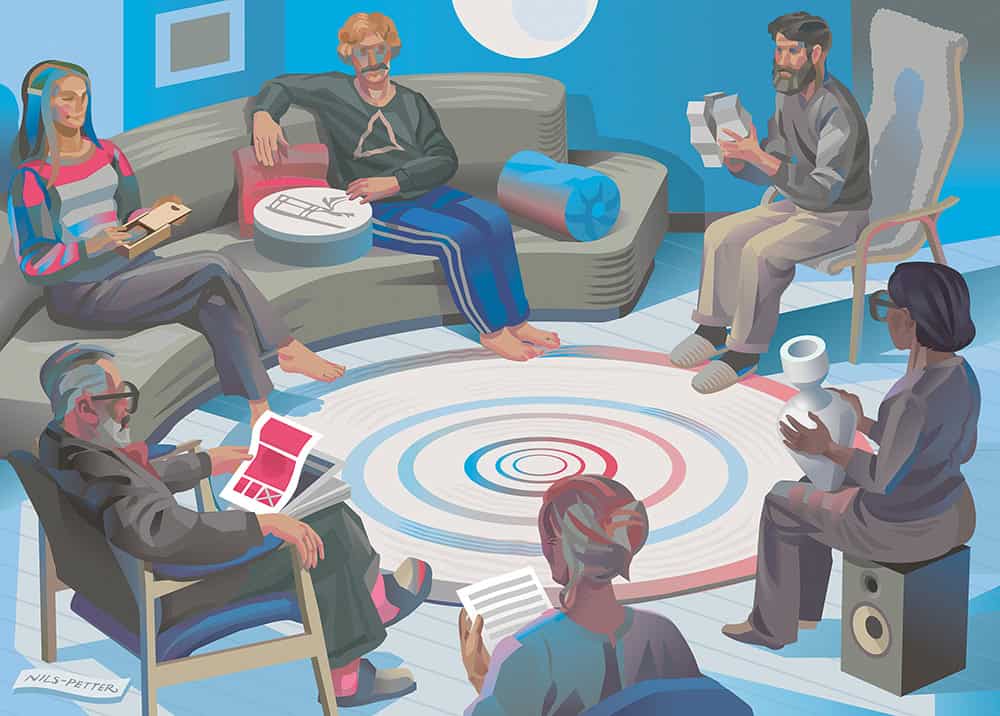The 2023 Academic Freedom Index, AFI, gives an overview of academic freedom in 179 countries around the world. In around a tenth of these countries, academic freedom is regarded as stable, and Sweden is in that decile.
The difference between the countries within this top decile is within the margin of error. All have an AFI score of between 0.93 and 0.94. The closer a country’s AFI score is to 1.0, the more academic freedom it has.
Academic freedom has been at a consistently low level in many of the countries included in the index. It has increased in five countries: Seychelles, Montenegro, Gambia, Kazakhstan and Uzbekistan. Uzbekistan and Kazakhstan have improved from very low levels according to the report, which was produced by researchers at the Friedrich-Alexander-Universität, the Institute for Political Science in Germany, and the V-Dem Institute in Gothenburg.
Declining in 22 countries
In contrast, academic freedom has declined in 22 countries during the ten-year period studied, from 2012 to 2022. Together, these 22 countries are home to half of the world’s population, four billion people. Among them are the three largest countries in terms of population, China, India and the United States.
In China, the deterioration started from a relatively low level of academic freedom, with an AFI score of around 0.2 in 2010. At that time, the country had enjoyed a period of increased freedom after the Cold War. In 2020, China’s AFI was approximately 0.07. The report attributes this decline to education policies launched by China in 2010 and Xi Jinping’s continued policies, which emphasise that universities are subordinate to the one-party state.
Unlike China, India has declined from a relatively high level of academic freedom. In 2012, India’s AFI score was around 0.70. By 2020, it had fallen to around 0.38, which was the same level as Palestine/Gaza and Uganda. North Korea has the lowest AFI score of all countries, with approximately 0.01.
A cautionary example
The decline in India accelerated after the Hindu nationalist Narendra Modi became prime minister in 2014. According to the report, indicators such as campus integrity, institutional autonomy and academic and cultural freedom of expression declined in the following years. The scope for freedom within research and teaching and the freedom to exchange and disseminate research findings also declined in the country.
The report singles out India as a cautionary example. The country’s measurable decline in academic freedom demonstrates a harmful relationship between “populist governments, autocratisation, and constraints on academic freedom,” it writes.
In the United States, higher education policy is mostly governed at subnational level. The report notes that at least nine Republican-led states “have adopted bills that ban the teaching of concepts related to ‘critical race theory’ in higher education institutions.” A number of states “are also targeting tenure at public universities,” which the report says exacerbates the precarious nature of academic employment.
University teacher watchlists
Furthermore, influential conservative groups are lobbying for the withdrawal of funding from fields such as gender, minority studies and environmental science. Various groups are maintaining public watchlists of university teachers who are perceived to be radical leftists.
The report links the decline in academic freedom to a number of critical statements by former president Donald Trump regarding science and academia.
Although the AFI data also indicate that scholars in the United States are still able to publicly voice their expertise, even on politically controversial issues, the overall assessment is that academic freedom in the country has declined significantly.
The AFI score for the United States in 2012 was 0.92, while in 2020 the score was 0.79, which places it behind countries such as South Africa and Kenya
“Unfortunately, the decline in academic freedom in the world is not surprising,” says Karin Åmossa. Head of Policy and International Affairs at SULF, “but it is extremely serious. Academic freedom is a key component of a free democracy and is strongly linked to the development of democracy. Today, democracy is being dismantled around the world and the percentage of people living in free democracies has fallen sharply.”
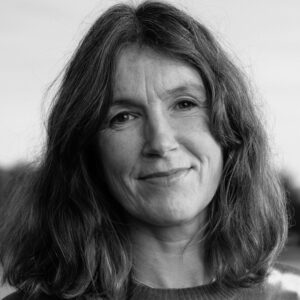
A responsibility to defend
She believes that the issue of academic freedom is also crucial in Sweden.
“Those of us living in what can be described as strong democracies must fight hard to safeguard and reinforce academic freedom.”
Åmossa emphasises that it is every nation’s responsibility to defend academic freedom, both for its own sake and to enable it to be a role model and show that it is possible to do things in a different way.
“That also includes putting pressure on other countries, not least within the EU, where we have close collaborations.”
In Sweden, the freedom of research is constitutionally protected, but the freedom of higher education is only protected in the Higher Education Act.
“Legal safeguards and constitutional protection are extremely important,” she continues. “SULF is campaigning to have the freedom of higher education enshrined in the constitution, but we are also working to ensure that our members can exercise their academic freedom in practice.”
Karin Åmossa believes that the major threat to academic freedom in Sweden is precarious employment.
“Not only with regard to fixed-term employment. As a researcher, you also know that if your research funding runs out, you will be out immediately, even if you are permanently employed. That makes it hard to be critical or controversial. On top of that, there is the hatred and threats that many researchers are subjected to and which risk silencing them.”
